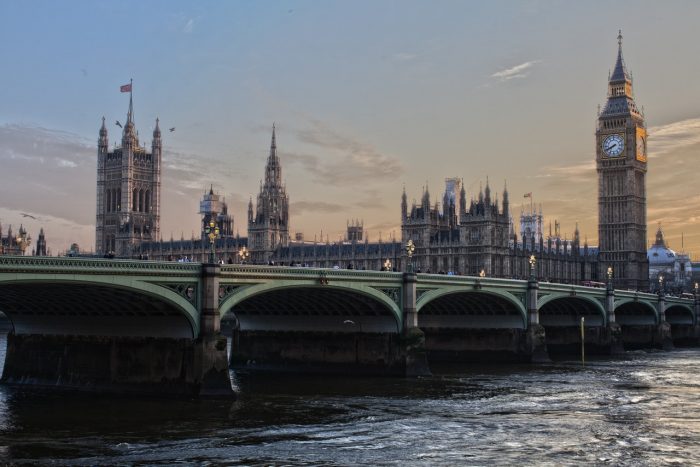Exchequer Chancellor Rishi Sunak said the UK government would help pay corporate salaries in an unprecedented move. This is after the government launched a welfare system for the working, self-employed and unemployed, as well as companies.
The part of a new Coronavirus Job Retention Program includes that not only the employers in the country will be liable. In fact, the UK government will step in to help pay people’s salaries for the first time ever.
Employers will be entitled to approach HMRC (revenue and customs) for a subsidy to offset most of the wages of non-working employees who are being furloughed and kept on payroll rather than laid off. Learn more about the efforts of the Uk government below.

Salary Subsidy
Government funds will cover 80% of retained employees’ wages at a minimum of 2,500 pounds a month. This ensures workers will keep their work, even if their employer can not afford to pay them.
The scheme will cover wage costs backdated to March 1st and will initially be available for three months. However, Sunak said he might extend it if necessary. There is no cap on the amount of funding available for the scheme by the Uk government.
Sunak said the previously announced Coronavirus Disruption Business Loan scheme will now be interest-free for 12 months, rather than the originally planned six months.
Delay In VAT Payments
Sunak said it would delay businesses’ next quarter of VAT payments. That means no company will be paying any VAT from now until the end of June. However, you will have to refund those bills before the end of the financial year.
It is a direct infusion to companies of more than 30 billion pounds of capital, equal to 1.5 percent of GDP.
Allowance For Self-Employed
Recognizing that job losses would not be avoidable, Sunak said Britain should increase its biggest state-paying gain.
He said the universal credit standard allowance would rise by 1,000 pounds a year over the next 12 months. This is with the essential element of job tax credit also increased by the same amount. The steps together will help more than four million individuals.
Sunak added that Britain should also abolish the minimum wage floor for self-employed people impacted by coronavirus’ economic effects. This is to help ensure they will have access to universal credit at a rate equal to statutory workers’ sick pay.
Taken together, the public will receive about seven billion pounds of additional funding through the welfare system. Furthermore, Sunak said that it will delay the next self-assessment payments for self-employed employees until January 2021.
The Statutory Sick Pay
You can get £94.25 a week for Statutory Sick Pay (SSP) if you’re too sick to work. Your company will pay you for up to 28 weeks.
If you are isolating yourself because of COVID-19, you can now assert SSP from March 13th. This also pertains to people who care for self-isolating people in the same household and have also been recommended to do a quarantine for the family.
In addition, you can speak to your boss to confirm your sick leave allowance and visit https:/www.gov.uk/statutory-sick-pay for more information.
The UK government legislates on the payment of SSP from day one, rather than day four, of your absence from work if you are absent from work because of illness or need to remove yourself induced by COVID-19.
It will occur retrospectively from March 13th until the law is passed. If you are registered for SSP and need to apply, you should speak to your boss.
Support For Renters
Sunak, having previously announced support for homeowners via a mortgage holiday, said he would support renters.
He announced nearly one billion in renter assistance through increasing the Affordability of Housing Benefit and Universal Credit. With this, the local housing allowance should cover a minimum of 30% of an area’s market rents.
This move is an unprecedented interference for any British government, let alone a conservative government. However, it is proportionate to the scale of the awful but temporary economic effect that will follow the shutdowns due to coronavirus.

Conclusion
These measures, in principle, will save hundreds of thousands of jobs. Employers must acknowledge that the government is doing something they’d never thought a government in the UK would have done.
It’s a more generous plan than any of the high-welfare Scandinavian countries have offered. It immediately transforms this nation’s social safety net.
































